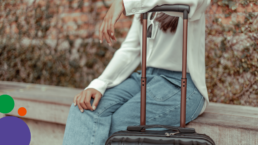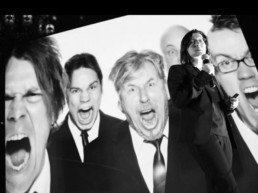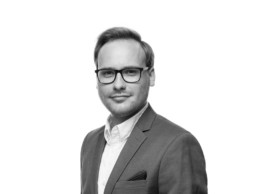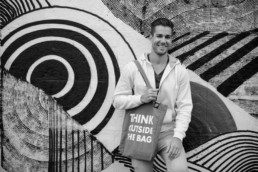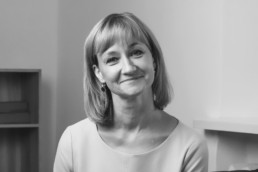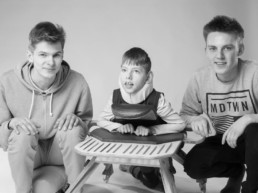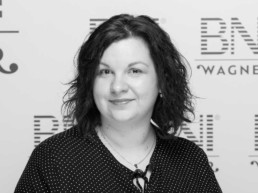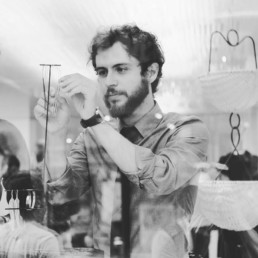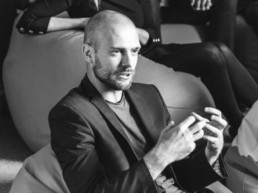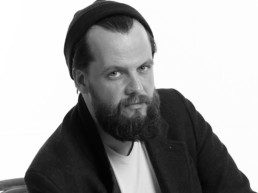Social Tourism Development in Latvia
Social tourism is inclusive for different groups of people and accessible to everyone. Since 2014, the discussions on the concept of social tourism have started and there were several attempts to introduce it in Latvia. Social entrepreneurs seem to be the most suitable to implement the concept of social tourism, however social entrepreneurship in the tourism and hospitality sector has only recently emerged.
Social entrepreneurship is a type of business where the main objective is not to make a profit for business owners, but to solve a social problem or to create a benefit for society and to reduce the negative impact on the environment and disadvantaged communities. Social entrepreneurship is also increasingly developing in the regions of Latvia, and tourism is an area that has great potential for financial diversification of organisations, which is often one of the biggest challenges for businesses in the regions.
Tourism trends after Covid-19
The tourism industry is based on directing the flow of travellers and regulating their presence in specific places – tourist destinations. Tourism products are very diverse, both services and goods – they are unlimited in time and space. Business thrives where opportunities and an enabling environment are created. COVID 19 pandemic has had a major impact on the tourism industry and has changed the habits of tourists. Local tourism has been boosted, tourism services are becoming more specific and varied, and businesses are diversifying their products. This summer’s campaign “Visit Latvia’s Castles and Manors 2022” that was organised by the Latvian Association of Castles and Manors in cooperation with LIAA, shows that at the moment the most frequent travellers are families, couples and small groups of friends. International tourism has seen a decline in the share of group trips and in the markets generating tourists. In general, an increase of interest has been observed in nature tourism, individual experiences, including catering in non-traditional settings such as ‘Home Café Days’ or dinner on the lake. More and more people are thinking about health and health prevention measures. There is also a demand for masterclasses offering activities related to art, gastronomy, sports, spending time with loved ones and pets. There are many successful examples of animal therapy, allowing people to interact with trained dogs, horses and other pets.
Latvian social enterprises in tourism
Armands Muižnieks, a professional guide, lecturer at Turiba University and RSU, says that in one of the international conferences it was mentioned that the traveler society is changing from an information society to a dreamer society. Travelers are fascinated by sensations and adventures and less interested in information that is available to everyone. Latvian social enterprises such as “Emociju laboratorija” and “Glass Point ” offer previously mentioned masterclasses in the arts. The social enterprise “Brīvupes” in the municipality of Balvi offers animal therapy – canister therapy with dogs. The social enterprise “Nature horses” in Ķekava municipality offers experience with horses and promotes their welfare. This is also a time of opportunity for entrepreneurs from small tourist destinations in the regions, towns and countryside to create an offer that may not be their main source of income, but that can help to diversify and stabilize their income. Sometimes ideas are born by chance, adapting observations or examples seen on trips abroad. This year, a new social enterprise, “Kultūras tūrisms”, has started their activity, Indulis Bērziņš, the founder says:
“What I do is nothing new. The first Glemping came about a long time ago, when rich people brought luxury tents to sleep in the middle of nowhere in the desert. However, our niche is to be able to stay in places in Latvia where it hasn’t been possible before, and to be at the heart of great cultural places and people who are already successfully welcoming guests, just without overnight accommodation. This is a new offer in Latvia and possibly in the world.”
Current tourism trends also mean a distinctive tourism product targeted at a specific market segment – one that is not a mass tourism product. There is therefore great potential for tailor-made tourism services, such as a floating raft in a Finnish lake with facilities for wheelchair users to fish through holes drilled in the floor – just like ice fishing, with safety precautions. Muižnieks also mentions the example of how he and a wheelchair-using student from SIVA College thought about creating high beds for growing vegetables and spices so that wheelchair users could sow, plant, weed and harvest their own crops. Another successful Latvian example is the social enterprise “Visi var” in Sigulda, which both produces its own design and household goods, involving people with disabilities, and also sells the goods it produces. These include various themed candles, crockery, clothing and accessories, and could certainly be souvenirs of various tourist destinations if production is expanded.

Accessibility
Accessible environment in general is of great importance – for example, in Liepāja, a blind guide Artūrs Līvmanis offers guided tours. As he says in an interview, “Liepaja has a good system of traffic lights and sound, as well as a public transport loudspeaker that announces the number and destination of the bus at each stop, so you can hear it outside.” Accessibility and universal design are issues that should be on the agenda of every tourism service. For tourism to thrive, there must be tourist attractions (man-made or natural), accessible environment (including easy-to-use transport systems) and adequate tourism infrastructure. This is an issue for many tourism destinations in different regions of Latvia and needs to be addressed. Once this is sorted out, operators will find ways to provide services. For example, the social enterprise “Difftravel” is already exploring accessibility and offering tours for people with mobility, visual or hearing impairments to appropriate locations in the Baltic States and plans to develop further destinations for trips abroad.
Social entrepreneurs have a much better understanding of social issues and where to develop tourism and hospitality services for different groups in society. For example, the social enterprise “Neredzmā pasaule” offers guided tours in the dark led by blind guides. Such specific services are one way of promoting public awareness and integration of people with disabilities. The most important aspect of such offers is that the service must comply with the principles of social entrepreneurship. The service must be safe, of good quality and accessible; it cannot be only a marketing slogan. Often entrepreneurs get carried away with the idea and forget that the interests of the client are the most important aspect of successfully selling the service. Competition in the tourism industry is high, so the quality of the service is important. The recipient of a service will not choose a service or product just because it is offered by a social enterprise. At the same time, it is important to explain to the general public why the results and impact of the work of social entrepreneurs is important, and sometimes the prices of the service may be higher – it is not profit for the owner, it has a higher added value.
Muižnieks also points out that on average it takes three years for a company to conquer a market and feel stable. It takes time and human resources to prepare and prioritise a tourism product, find partners, find sales channels, attract customers through social media, etc. Once a clear offer has been defined, it is necessary to involve sector or industry associations to find partners who can advise on marketing activities or implementation. In the tourism and hospitality sectors, cooperation plays an important role. In the tourism sector, help is available at national level from the LIAA Tourism Department, regional tourism associations, tourist information offices and centres, professional associations and business incubators.
This article was written in the framework of the project “Social Entrepreneurs for Tourism”, funded by the Ministry of Foreign Affairs of the Republic of Latvia.


